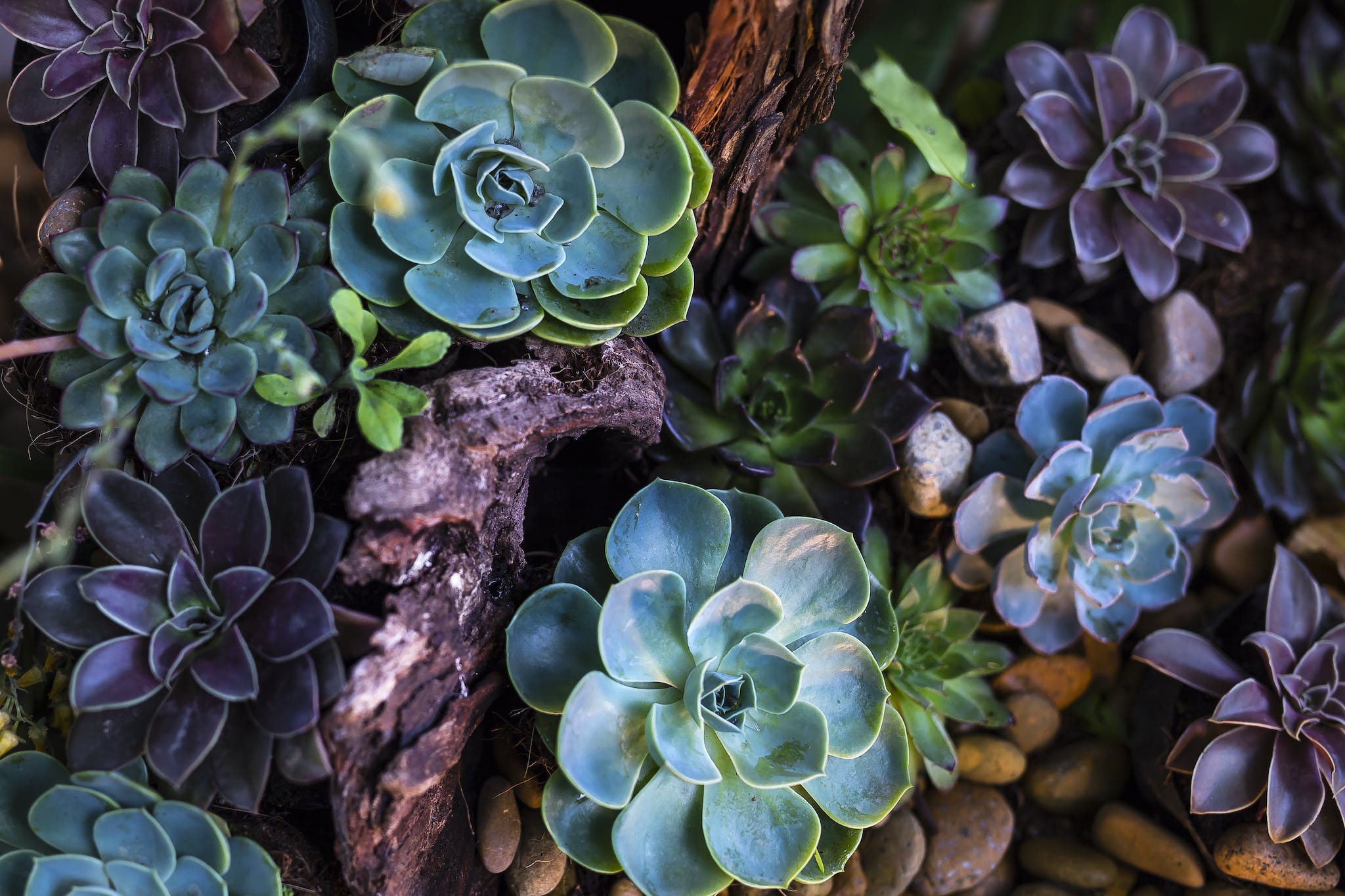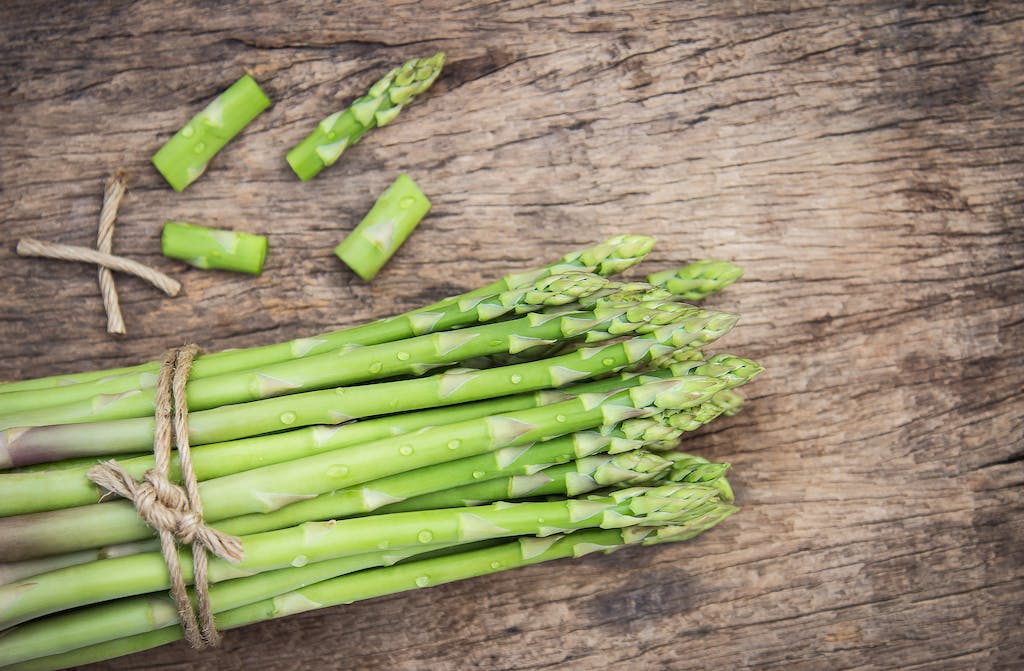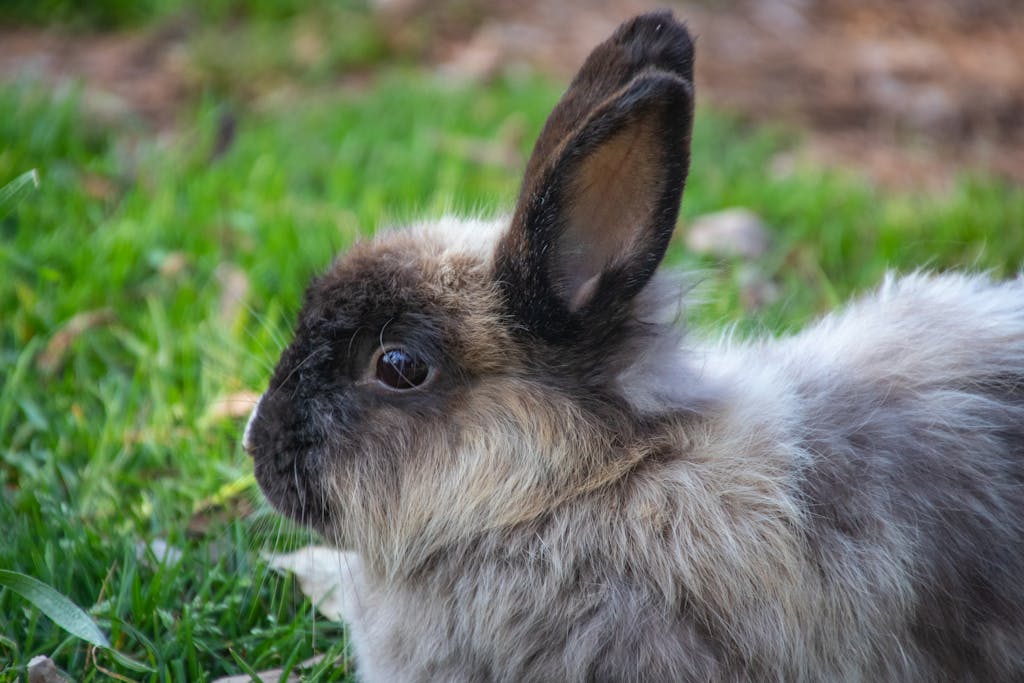Are Succulents Poisonous to Rabbits? Safety Tips for Bunny Owners
If you’re a rabbit owner, you’re likely always on the lookout for things that could harm them. One thing you may be wondering is whether or not succulents are poisonous to rabbits. After all, these plants have grown in popularity in recent years, and many people keep them in their homes and gardens.
The answer to the question of whether or not succulents are poisonous to rabbits is not straightforward. While some succulents are toxic to rabbits, others may not be. Also, the severity of the toxicity can vary depending on the type of succulent and the amount consumed.
We’ll take a closer look at some of the most common succulents and whether or not they pose a danger to your rabbit.
Understanding Succulents and Rabbit Safety
If you’re a rabbit owner, it’s important to know which plants are safe for your bunny to nibble on. Succulent plants are a popular choice for their low maintenance and attractive appearance, but are they safe for rabbits?
Unfortunately, many succulent plants are toxic to rabbits and can cause serious health problems if ingested. Some common succulent plants that are poisonous to rabbits include jade, aloe vera plants, and snake plant.
If you have a pet rabbit, it’s best to avoid keeping these types of succulent plants in your home or garden where they can be reached by your bunny. Instead, opt for rabbit-resistant plants that are safe for your rabbit to nibble on. Some examples of rabbit-resistant safe houseplant options include lavender, rosemary, and mint.
Keep in mind that wild rabbits may be attracted to succulent plants in your garden. To prevent them from causing damage and getting sick, consider using a rabbit-proof fence or planting rabbit-resistant plants instead.
While succulent plants can be a beautiful addition to any home or garden, they are not safe for rabbits to eat. By choosing rabbit-resistant plants and taking steps to protect your garden from wild rabbits, you can keep your bunny safe and healthy.
Common Poisonous Succulents for Rabbits
When it comes to keeping rabbits as pets, be aware of what plants are safe for them to ingest and which ones are toxic. While succulents are generally low maintenance and easy to care for, there are certain species that can be harmful to rabbits if ingested. Here are some common poisonous succulents to watch out for:
Jade Plant
Jade plant (Crassula ovata) is a popular houseplant that is toxic to rabbits if ingested. The leaves and stems of this succulent contain a toxic compound called bufadienolides that can cause vomiting, diarrhea, and even death in severe cases.
ZZ Plant
ZZ plant (Zamioculcas zamiifolia) is another popular houseplant that is toxic to rabbits. This succulent contains calcium oxalate crystals that can cause irritation and swelling in the mouth, tongue, and throat if ingested.
String of Pearls
String of pearls (Senecio rowleyanus) is a trailing succulent with small, bead-like leaves that can be tempting for rabbits to nibble on. However, this plant contains a toxic compound called senecio that can cause liver damage, respiratory failure, and even death if ingested in large quantities.
Pencil Cactus
Pencil cactus (Euphorbia tirucalli) is a succulent that resembles a small tree with thin, green stems that can grow up to several feet tall. This plant contains a toxic sap that can cause skin irritation, eye irritation, and gastrointestinal upset if ingested.
Crown of Thorns
Crown of thorns (Euphorbia milii) is a succulent with small, colorful flowers that can be toxic to rabbits if ingested. This plant contains a toxic sap that can cause skin irritation, eye irritation, and gastrointestinal upset.
Note that this is not an exhaustive list of all poisonous succulents for rabbits. If you suspect that your rabbit has ingested a toxic plant, seek veterinary care immediately. As a responsible pet owner, ensure that your rabbit’s environment is free of any potential hazards, including toxic plants.
If you suspect your rabbit has eaten a succulent, please contact your local vet or ASPCA Animal Poison Control Center immediately!
ASPCA Animal Poison Control Center Phone Number: (888) 426-4435
Symptoms of Poisoning in Rabbits
If you suspect your rabbit has ingested a succulent plant, be aware of the symptoms of poisoning. Below, we’ll cover the most common symptoms that may indicate your rabbit has been poisoned by a succulent.
Gastrointestinal Issues
One of the most common symptoms of poisoning in rabbits is gastrointestinal issues. This may include vomiting, diarrhea, and abdominal pain. If your rabbit is experiencing these symptoms, seek veterinary care as soon as possible.
Skin Irritation
Another symptom of poisoning in rabbits is skin irritation. This may include redness, itching, and swelling. If your rabbit is experiencing these symptoms, keep them away from the succulent plant and seek veterinary care.
Cardiac Problems
Succulent plants contain cardiac glycosides, which can cause cardiac problems in rabbits if ingested. This may include irregular heartbeats and other cardiac issues. If your rabbit is experiencing any cardiac symptoms, seek veterinary care immediately.
Not all succulent plants are poisonous to rabbits, but it’s always better to err on the side of caution. If you suspect your rabbit has ingested a succulent plant, seek veterinary care as soon as possible.
Preventive Measures and Best Practices
When it comes to keeping your rabbit safe around succulents, there are a few preventive measures and best practices you should follow. By taking these steps, you can ensure that your rabbit stays on the safe side and avoid any potential harm.
Plant Placement
The best way to keep your rabbit safe from succulents is to place them out of reach. If you have a free-range rabbit, make sure that your succulents are not within their reach. This means keeping them on high shelves or hanging them from the ceiling.
If you have a garden bed or flower bed with succulents, consider placing them in a sunny spot that is not easily accessible to your rabbit. You can also create a rabbit-proof barrier around the plants to prevent your rabbit from getting to them.
Rabbit-Proofing the Garden
Another way to keep your rabbit safe around succulents is to rabbit-proof your garden. This means making sure that your garden is secure and that your rabbit cannot escape. You can do this by creating a fence around your garden or by using chicken wire to create a barrier around your plants.
Supervising Your Rabbit
Supervision and training are vital when it comes to keeping your rabbit safe around succulents. If you have a free-range rabbit, make sure to supervise them when they are outside and keep an eye on them around your plants.
By following these preventive measures and best practices, you can keep your rabbit safe and enjoy your succulent collection at the same time. Remember to always err on the safe side and take necessary precautions to ensure your rabbit’s well-being.







